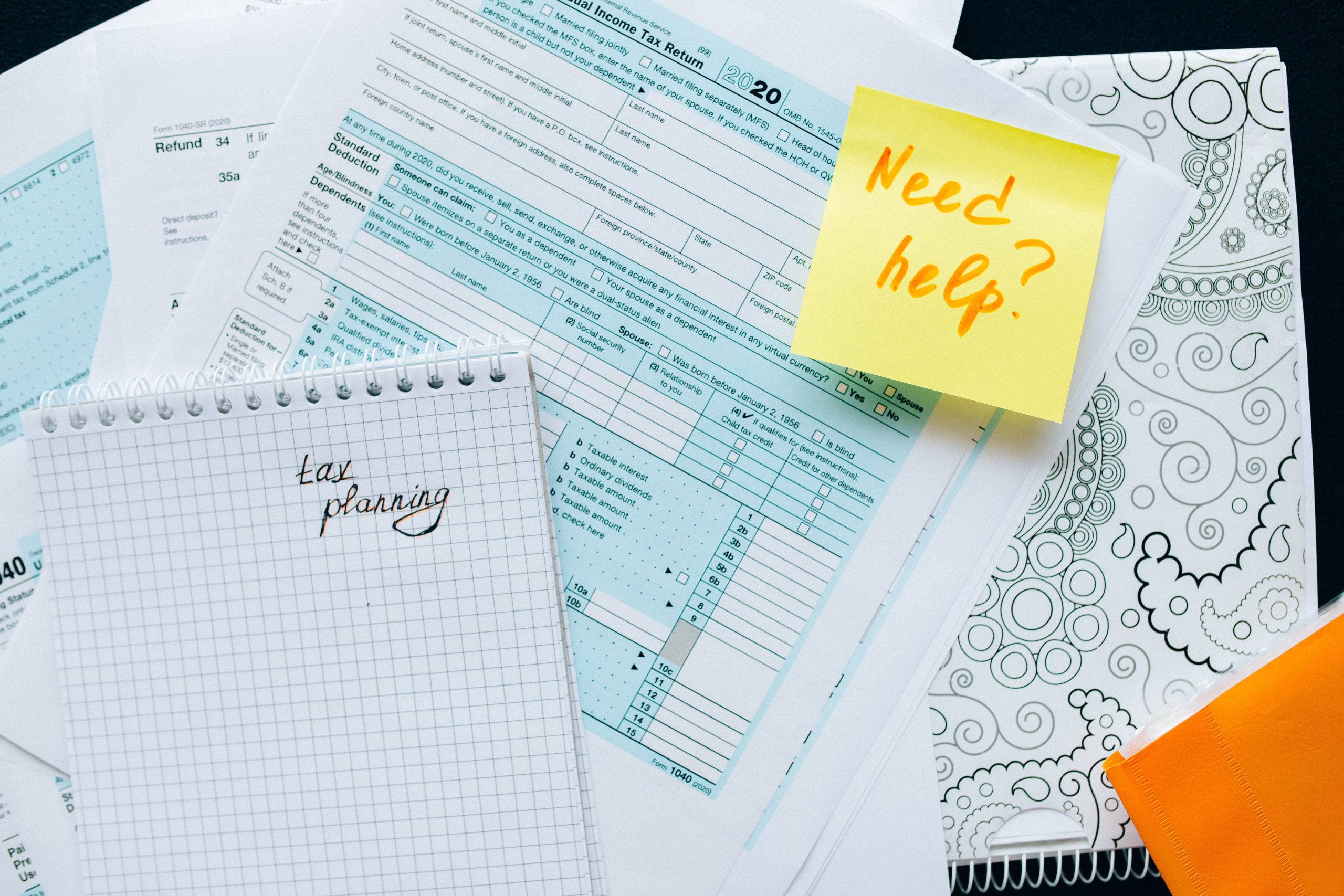Paying taxes is a vital civic responsibility. The money collected is largely spent maintaining the quality and access to a vast range of services and facilities we all take for granted. As Australians, whether you are submitting your tax return as an individual, a sole trader or a business, you will be required to pay taxes on income you earned, be that via employment, pensions, government payments, investments or foreign income. In this article we’ll explore the what, when and why of receiving tax bills as well as provide some tips on how you can ensure you pay the correct amount of tax.
Individuals, sole traders and businesses are all required to pay tax in Australia. For those of us who are employees, our employer will usually have pay-as-you-go (PAYG) systems in place to deduct tax, helping employees meet their annual tax obligations. For sole traders and businesses, the responsibility for determining the most effective tax withholding and reporting system sits squarely with them.
However, despite our best efforts, the amount of tax withheld throughout the year can be less than what is required to meet our tax obligations. This results in the Australian Taxation Office (ATO) issuing a tax bill.
Some examples which can result in tax discrepancies include:
| For Individuals |
|
| For Sole Traders |
|
| For Businesses / Primary producers |
|
So what should individuals, sole traders and small business owners know so that they are not delivered an unexpected tax bill?
General advice for individuals
Currently, every Australian is permitted to earn up to $18,200 each year without paying income tax, under a principle called the tax free threshold. If however you earn over this amount then you’ll likely be required to pay tax.
Individuals required to pay tax will usually pay something called an Income tax. Income tax is a tax collected on all forms of income, whether it be wages, dividends from investments, or profits from the sale of valuable assets like a house or shares.
For most people, their employer will deduct your tax from your wages and send it to the ATO. This figure is recorded in your payslip. At the end of each financial year you will receive a payment summary that captures the amount of income you have earned and tax you have paid. For most people, their payment summaries are now available via the ATO’s online service – myGov.
For income / profits / dividends outside of the wages you earned from your job, you will be responsible for accounting for the amount of income you have made.
General advice for sole traders
The tax rate for sole traders is calculated using the same sliding scale used for individuals and their personal income. This means sole traders will pay more tax as the growth of business income increases.
Whilst sole traders are required to submit annual tax returns, they can avoid the possibility of large lump-sum tax payments by implementing a Pay As You Go – or PAYG tax system.
The ATO’s Pay as You Go (PAYG) scheme enables sole traders to submit quarterly reporting statements, thereby distributing the overall tax bill across 4 instalments. Paying in instalments empowers sole traders to simplify their budgeting processes, and avoid the prospect of a large end of financial year tax bill.
| Essential Tax Tip – If a PAYG system sounds like the kind of business strategy you need, the ATO has more information here or you can explore your options by getting in touch with one of our experienced tax consultants. |
General advice for companies
Unlike individuals and sole traders, the tax-free threshold doesn’t apply to companies. This means you are liable to pay tax on every dollar earned.
| Essential Tax Tip – If you are a director or employee of your company, you still need to lodge your own individual tax return. |
General advice for Primary producers
To better assist primary producers with tax planning, the ATO has devised the farm management deposits scheme (FMDs). As a business and cash flow planning tool, they allow Primary producers to deposit up to $800,000 in an FMD account which they can access during times of drought. You may also be able to offset the interest costs attributed to primary production business debt.
Another beneficial tax planning mechanism available to primary producers is tax averaging. This enables primary producers to spread out their income and tax payable over a five year period so as to better account for good and bad years. This mechanism provides equity by ensuring farmers don’t pay more tax over time than taxpayers on comparable but steady incomes.
| Essential Tax Tip – Primary producers are advised to seek professional advice and support in making sure they can access and benefit from the full range of tax concessions available to them. |
Your SG Advisory tax accountants are here to help
Regardless of whether you are an individual, sole trader or small business owner, your tax requirements and obligations will be unique to you. The taxation system can be complex so getting help to navigate it ensures you will pay the correct amount of tax.
At SG Advisory, our team of tax accountants always advise to get your tax systems in place as soon as possible. So if you’re in Swan Hill, Echuca, Shepparton, Northern Victorian or Southern NSW region book your free 30 minute consult with one of our tax planning accountants and let’s get your business performing at its best.
Disclaimer: The information contained above is general in nature and should not to be considered as personalised taxation or accounting advice. Please consult one of our experienced tax accountants as taxation law, regulations and the way they affect your business will differ from year to year.
